Every year, the disease begins to appear from the end of December and increases sharply in the first months of the year, with a peak from February to May - the time when children participate in many group activities and crowded environments.
Early chickenpox vaccination is a measure recommended by experts to protect children. Currently, an improved vaccine, highly immunogenic and safe, meeting international quality standards, is available in Vietnam.
What is Chickenpox?
Chickenpox is an infectious disease caused by the Varicella Zoster virus (VZV), a member of the Herpesviridae family - a group of viruses that can cause disease in humans.
According to the Department of Preventive Medicine , chickenpox can spread and develop strongly through the respiratory tract, droplets and direct contact with blisters. This is one of the most contagious diseases, with a transmission rate to family members of up to 70-90%.
The initial symptoms of chickenpox (also known as shingles) are that the child may have a mild fever, fatigue, loss of appetite, sneezing, runny nose and a general feeling of unwellness. Then, small red rashes gradually appear on the skin and quickly progress to blisters.
When the blisters are dense, this indicates that the disease may be progressing. Usually, the disease lasts about 7–10 days. If there are no complications, the blisters will dry, crust, fall off and the skin may be slightly dark but will improve over time without scarring.
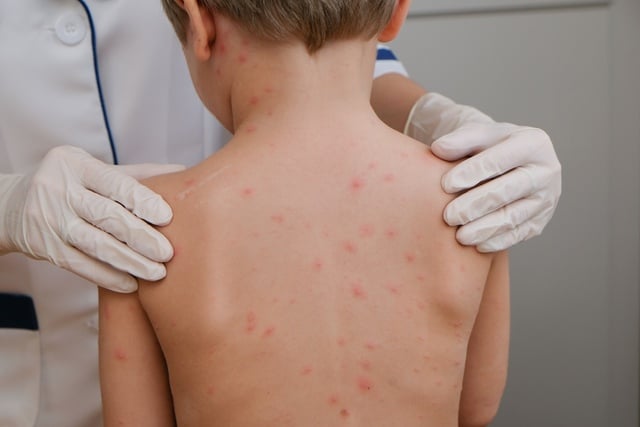
Complications of chickenpox can children encounter?
Chickenpox can cause complications, especially when children have weak resistance or are not properly cared for:
- Skin infections, impetigo, bacterial infections.
- Viral pneumonia
- Encephalitis, cerebellum
- Dehydration when children have high fever, loss of appetite, and stop drinking
In the long term, children may have complications such as shingles, also known as herpes zoster, which is a late recurrence of chickenpox many years after. Shingles also has other complications such as: nerve pain, corneal ulcers, blindness...
What age group is at high risk of infection?
According to statistics from the Pasteur Institute in Ho Chi Minh City, 90% of patients infected with chickenpox are children between 2 and 7 years old .
Because this is a contagious disease, children who go to school and are often exposed to crowded environments are at higher risk of getting the disease.
Why are children susceptible to chickenpox?
Children’s immune systems are not yet fully developed, making them susceptible to pathogens. Viruses spread rapidly in communal environments such as nurseries and classrooms, especially since children can infect others 1–2 days before the rash appears.
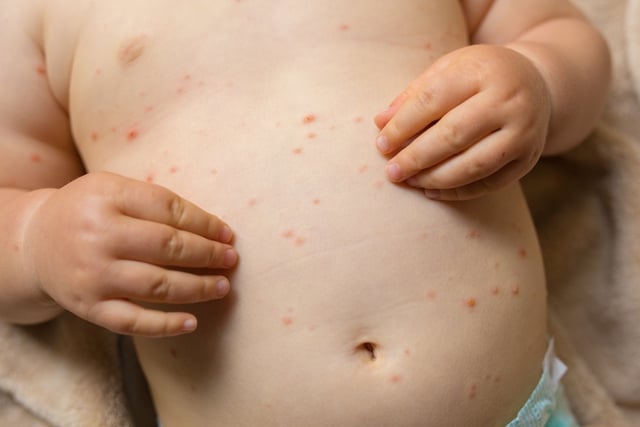
Special Note
The disease usually increases sharply from late winter to the end of spring (from December to April-May of the following year). This is the time when parents need to pay special attention to their children's health and proactively take disease prevention measures.
Preventive measures include:
• Wash your hands regularly with soap or antiseptic solution
• Personal hygiene, keep living space airy
• Instruct children not to put their hands on their eyes, nose, or mouth.
• Limit close contact when there is a child in the class suspected of having the disease
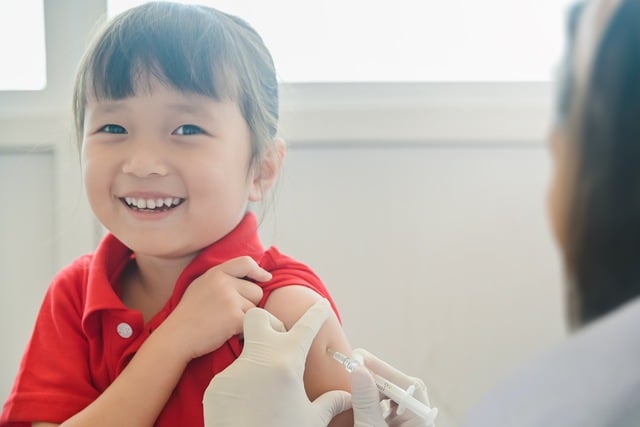
Vaccination – an effective and sustainable disease prevention measure !
According to the recommendations of medical experts, vaccination is the most active, safe and effective method of preventing chickenpox today. Vaccination helps reduce the risk of disease, limit complications and protect children during the epidemic season. Children 12 months and older are recommended to be vaccinated early to create active immunity, helping to reduce the risk of disease and complications.
Currently, chickenpox vaccines have many improvements, such as the 2nd generation MAV/06 chickenpox vaccine, produced by GC Biopharma (Korea) with outstanding advantages such as:
• High and sustainable immunogenicity, minimum efficacy ≥ 3800 PFU
• Contains no antibiotics in the ingredients, reducing the risk of sensitivity in children with allergies.
• WHO Prequalification (WHO-PQ) certified for quality and safety, recommended by experts for early vaccination in children to protect long-term health.
Recommended vaccination schedule
Children 12 months – 12 years old:
- 1st dose: from 12 months old
- 2nd dose: at least 3 months after 1st dose or booster shot when the child is 4-6 years old.
Early chickenpox vaccination is an immune shield that helps children stay healthier, enjoy their childhood, and protect them from the risk of long-term illness.
NAVIVA GROUP is the authorized distributor of the second generation MAV/06 varicella vaccine called BARYCELA inj. (GC Biopharma – Korea) in Vietnam. With over 21 years of experience in the field of vaccines and medical biological products, NAVIVA GROUP cooperates with medical facilities to increase access to safe, effective and quality vaccines for the community.
The unit is committed to ensuring a stable supply , strictly complying with preservation and transportation processes according to GSP/GDP standards ; and at the same time accompanying activities to raise awareness about proactive and safe vaccination .
📞Consultation hotline: 0905 584 666
🌐 Website: www.naviva.com.vn
📧 Email: info@naviva.com.vn
Source: https://suckhoedoisong.vn/chu-dong-phong-benh-thuy-dau-cho-tre-em-trong-mua-dong-xuan-mua-cao-diem-benh-thuy-dau-16925112008312059.htm


![[Photo] Next to the "mountain of trash" after the flood, Tuy Hoa residents strive to rebuild their lives](/_next/image?url=https%3A%2F%2Fvphoto.vietnam.vn%2Fthumb%2F1200x675%2Fvietnam%2Fresource%2FIMAGE%2F2025%2F11%2F24%2F1763951389752_image-1-jpg.webp&w=3840&q=75)





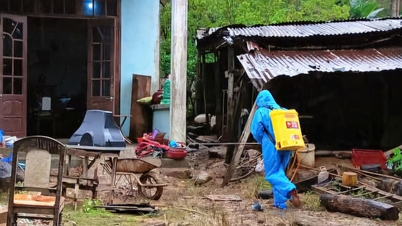

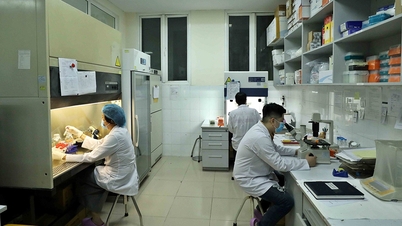
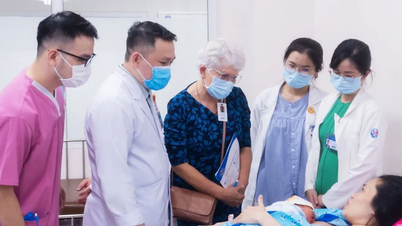







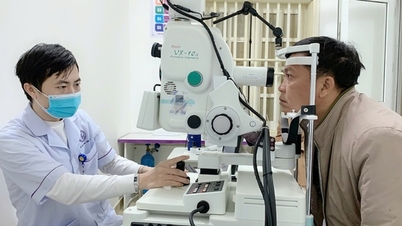
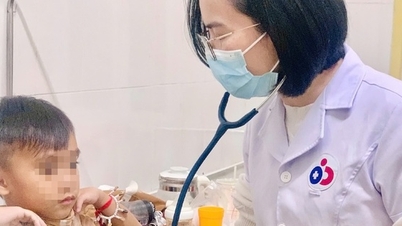
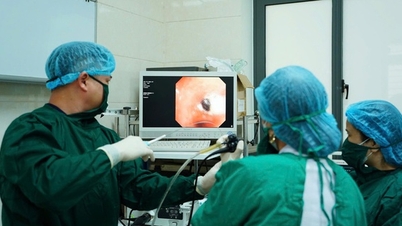
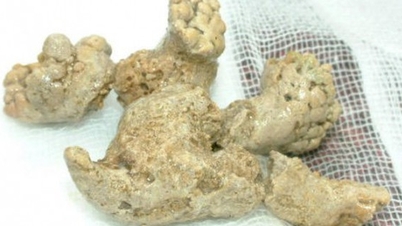
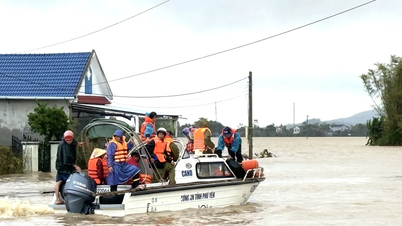

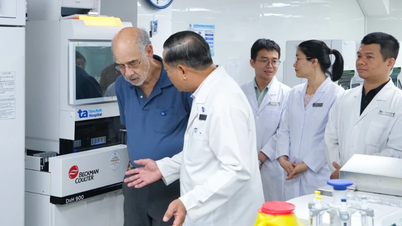





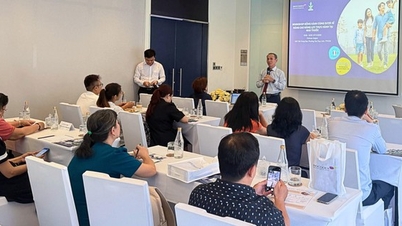
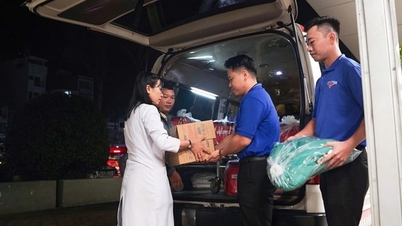
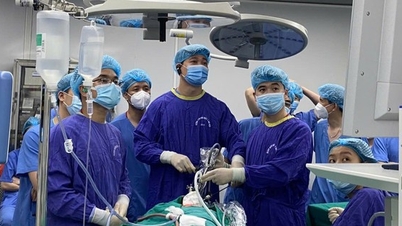
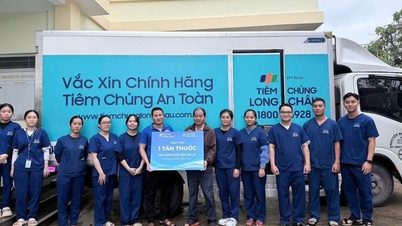
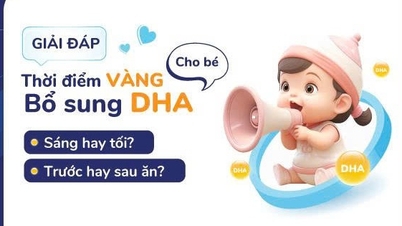
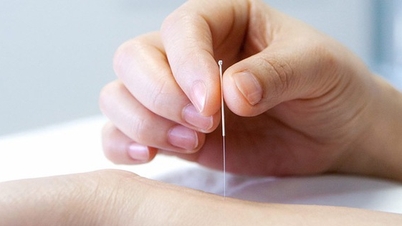






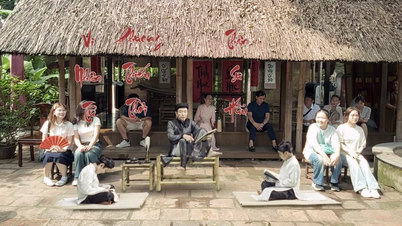







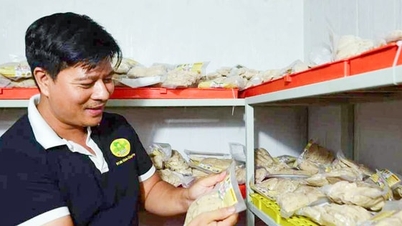




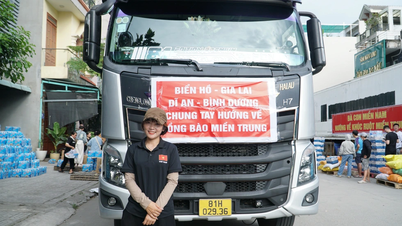

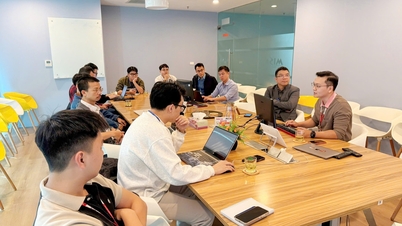


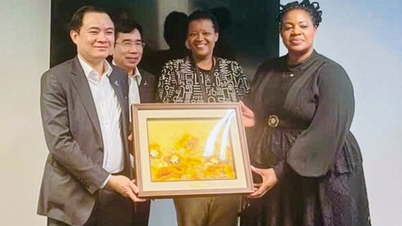
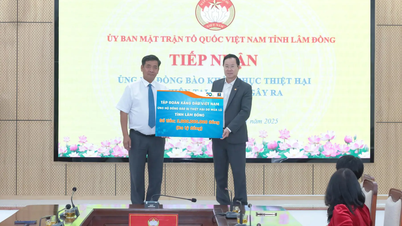










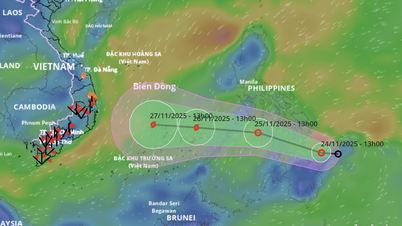


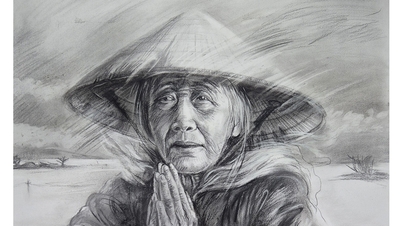
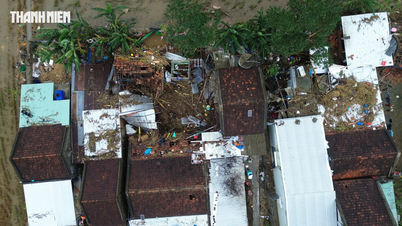




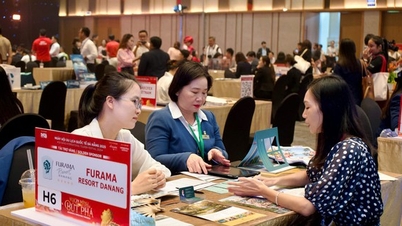
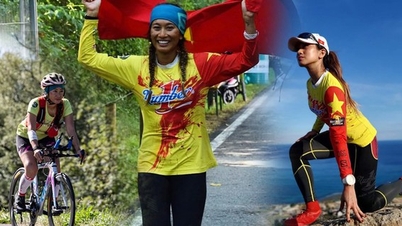
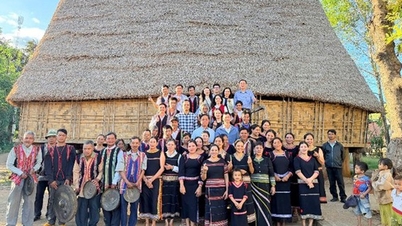


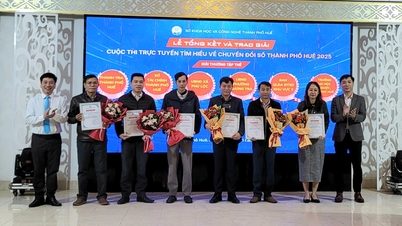

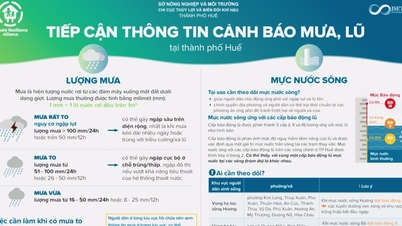
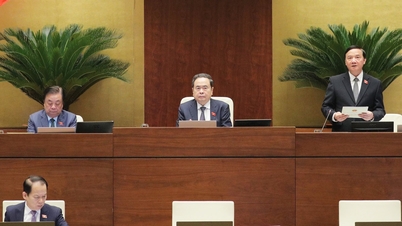
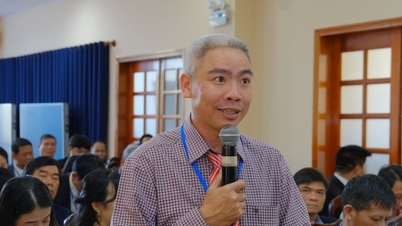

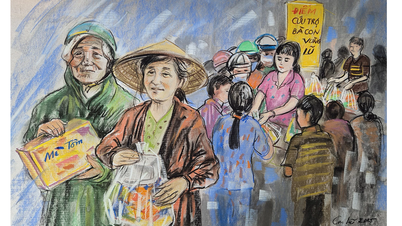














Comment (0)